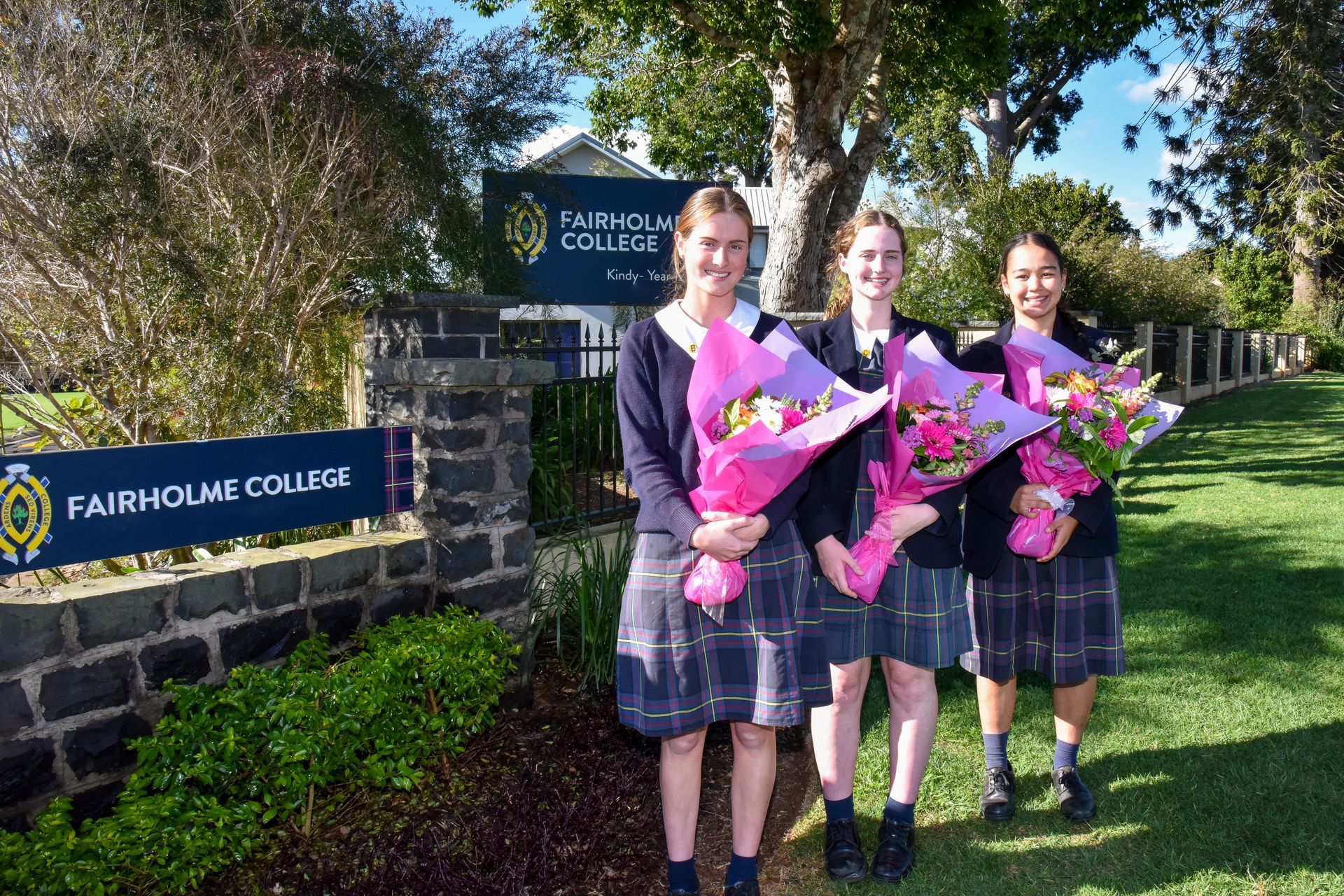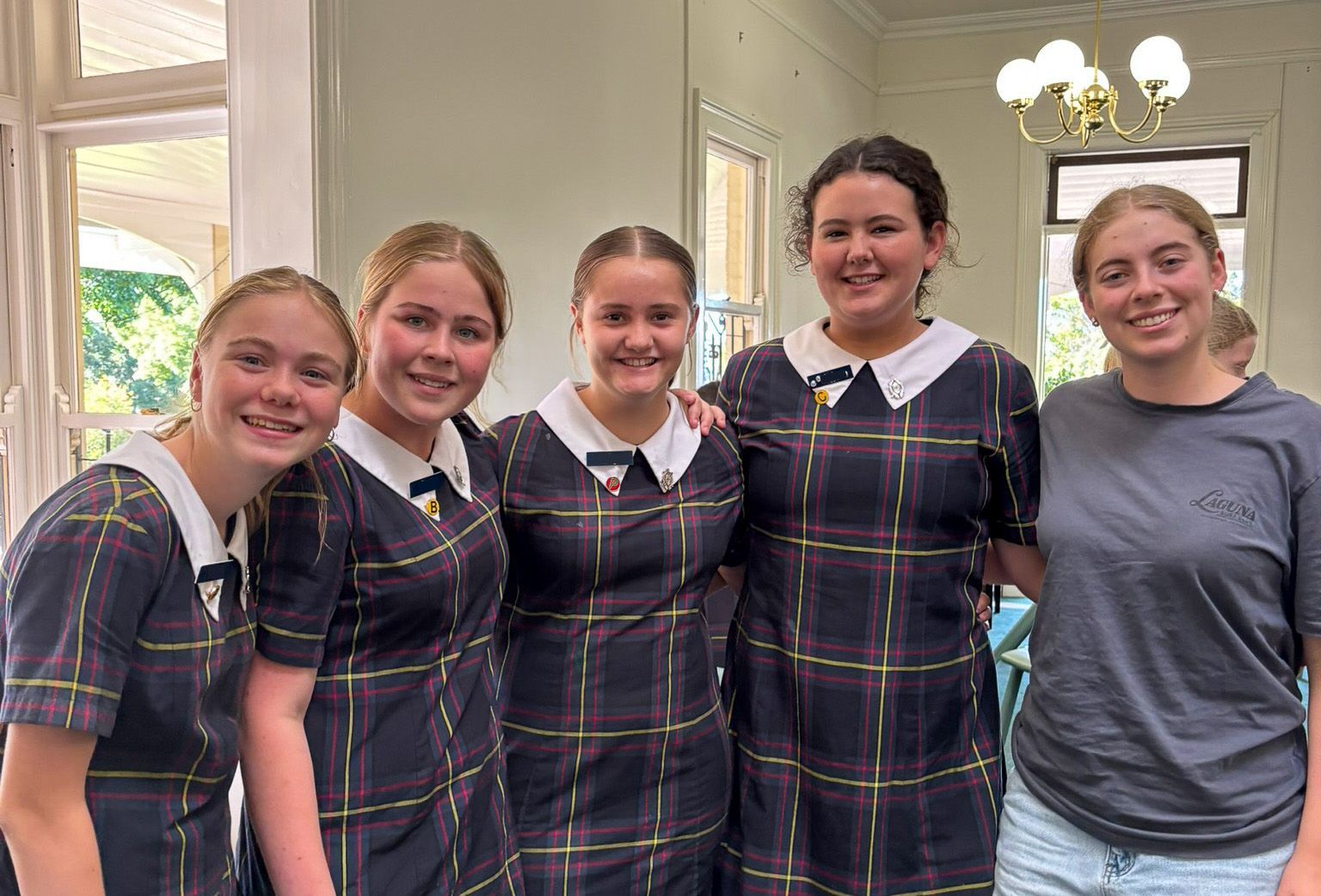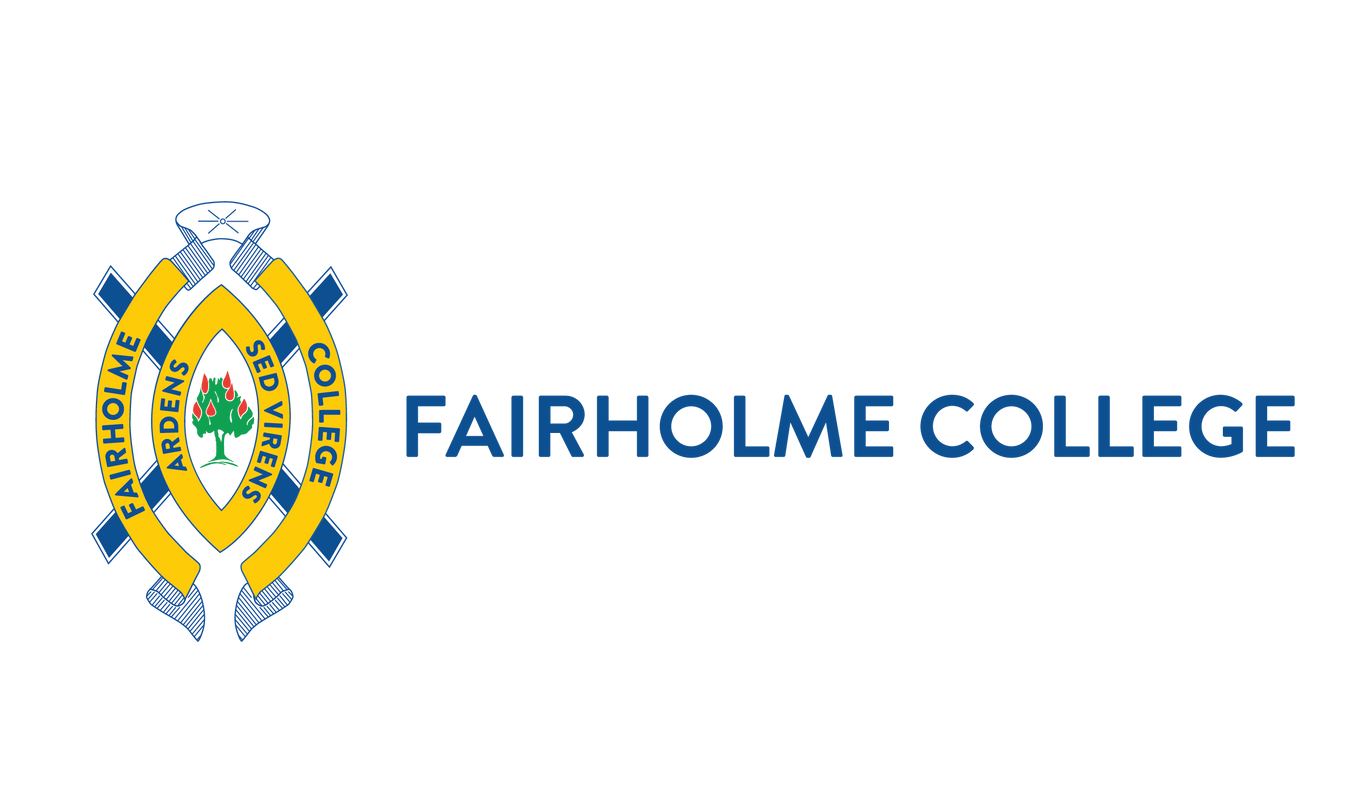Win Some. Learn Some. Become.
I enjoy watching Fairholme sport, debating, dance, choir … (and the list meanders on) – from the sideline. There is joy in watching without responsibility.
It does not, as Mr Tregaskis would attest, mean that I do not wince when I see what I believe to be, an incorrect umpire’s decision. You have no idea how much I will miss standing on the sideline observing young people learning to be. After all, these performance arenas are just that – places of becoming. That is, when we, as adults don’t mess with ‘the becoming.’
In anticipation of losing my legitimate reason to watch Fairholme play anything, perform anything … I am concentrating on the privilege of the moment. I am soaking in the delights of fiercely contested debating finals, narrow wins and losses on the courts and fields of Toowoomba where the temperature is always colder or hotter than forecast and, the unparalleled joy of Junior School girls dancing on stage without inhibition, some perfectly attuned with the music’s beat and other’s not. I am absorbing the opportunity to witness learning at its essence.
Performance in sport or The Arts is a public event. If your artwork is hung in a gallery space it is ‘public’ – open to be appreciated or criticised. If one is singing, dancing, debating or playing an instrument on stage with an audience there is nowhere to hide if an error is made. And, on a court or field – one’s performance is open to scrutiny or praise – or everything in between. Becoming is core business at these times.
Anthony Simcoe, perhaps best known for his role as Steve in the epic Australian film, ‘The Castle’ with lines like, “Dale dug a hole, Dad,” or “How much for jousting sticks?” was a gangly fifteen-year-old boy when I first met him at Burnside State High School in Nambour, where he was seeking to master the volleyball dig, serve and set. Who would have imagined his becoming? Even years on, Anthony would say that he learned to become an actor through washing dishes at cafes – earning money between acting jobs – learning to observe the humanness in his customers. He washed a lot of dishes and served a lot of tables in order to become a credible member of ‘The Castle’s’ Kerrigan family. In tedious hours he learned about people and about hard, repetitive work.
Repetition is the underpinning pattern of rehearsal and practice. Some of us do it well, others not so. I hear it in action many mornings as I pass the Performing Arts building, I see it on mornings and afternoons in our gym and on our oval. Rehearsal. Practice. Becoming. It is far more palpable; it would seem, than our classroom learning which inhabits a far more private space: often behind a closed door. How special it was, a few weeks ago, to invite the parents of Year 12.1 English to join their daughter, Mrs Anderson and I for a Period Five Friday afternoon lesson of ‘Macbeth.’ Seated in a huge circle in the confines of G24, students directed the lesson: spelling, quotations, thematic discussions and questions, for their parent and the other class members.
It was an impressive moment (from a teacher’s perspective anyway) – to see students demonstrate their knowledge in a semi-public forum. It was timely for parents, no doubt, to remember the awkwardness of not knowing an answer, the joy of accuracy as well as the discomfort of feedback about an incorrect assumption – these are aspects of learning with which our students grapple, daily … as they become. There was delight in sharing the messiness of learning, the non-linear path of knowledge and how these segue to ‘becoming.’ Although, that moment of self-actualisation we seek or reaching the mountain top does not come at the same time or in the same way for any of us. And we have to be patient from our sideline position.
We have to trust the process. We have to remember also, that losing and missing out are important components of future winning. We have to remember in the words of Saint Ignatius Loyola, Spanish Priest, theologian and thinker, “we learn only when we are ready to learn.” St. Ignatius reminds us that education is not confined to classrooms; it can happen anywhere and at any time: if we allow it. And thus, as adults, as we inhabit more than our fair share of sidelines real and metaphoric, during the rundown to the finish line, let us all be gracious in allowing our young people ‘to become’ … a process that is uneven, at times uncomfortable, messy, deeply disappointing and … often wildly exhilarating. Let us enjoy each and every facet and be gracious in the spaces where alignment with expectation is not met in performance or outcome. It is here, in this place, which can feel unpleasant, unsatisfactory and uninvited that the greatest learning and hence the greatest opportunity to become, can occur. If we, as adults who should know better, don’t mess with ‘the becoming.’
“Another ball game lost! Good grief!” Charlie moans. “I get tired of losing. Everything I do, I lose!”
“Look at it this way, Charlie Brown,” Lucy replies. “We learn more from losing than we do from winning.”
“That makes me the smartest person in the world!” replies Charlie.
Win some. Learn some. Become.
Dr Linda Evans │Principal
REFERENCE
Maxwell, J. (2013)
On Turning a Loss into a Gain | Adapted from Sometimes You Win, Sometimes You Learn (October 2013)
More News…







